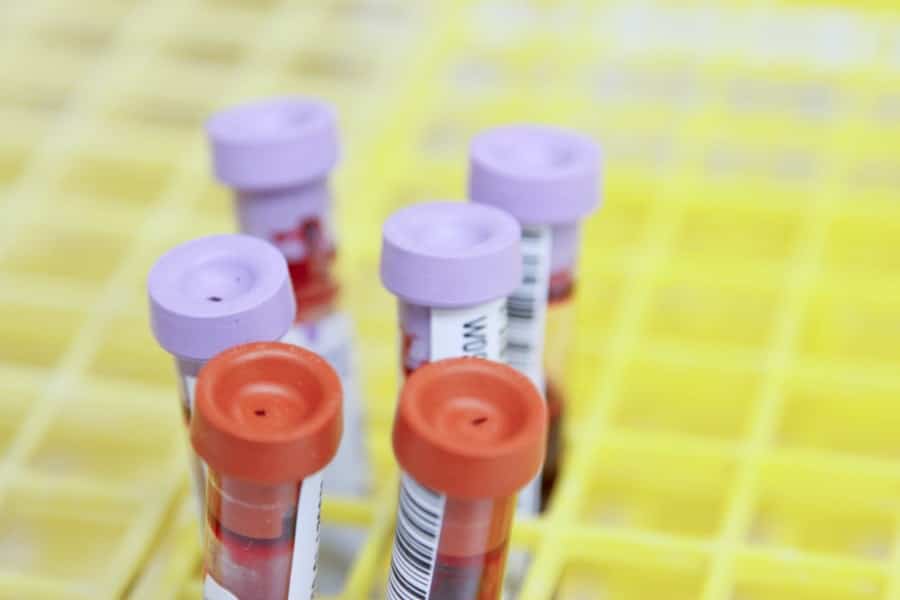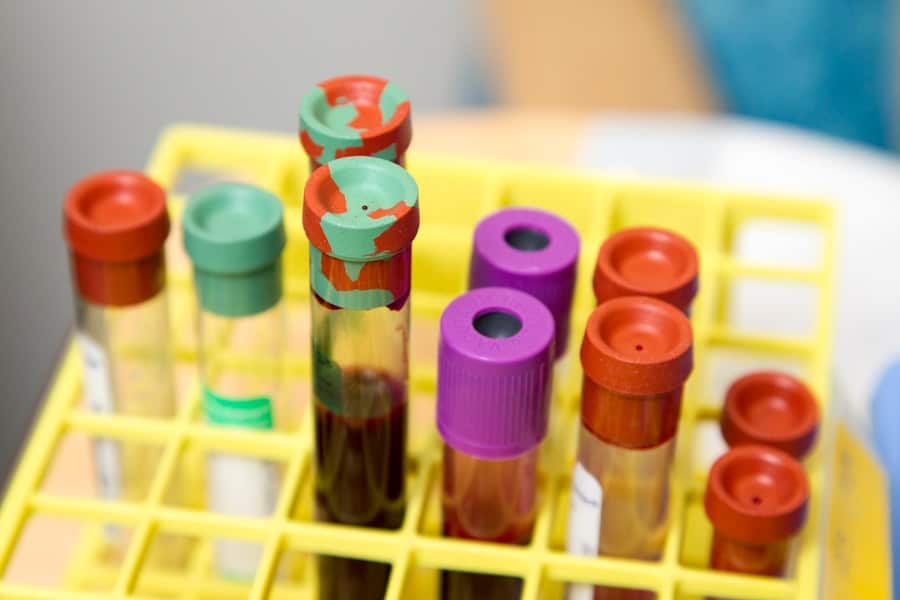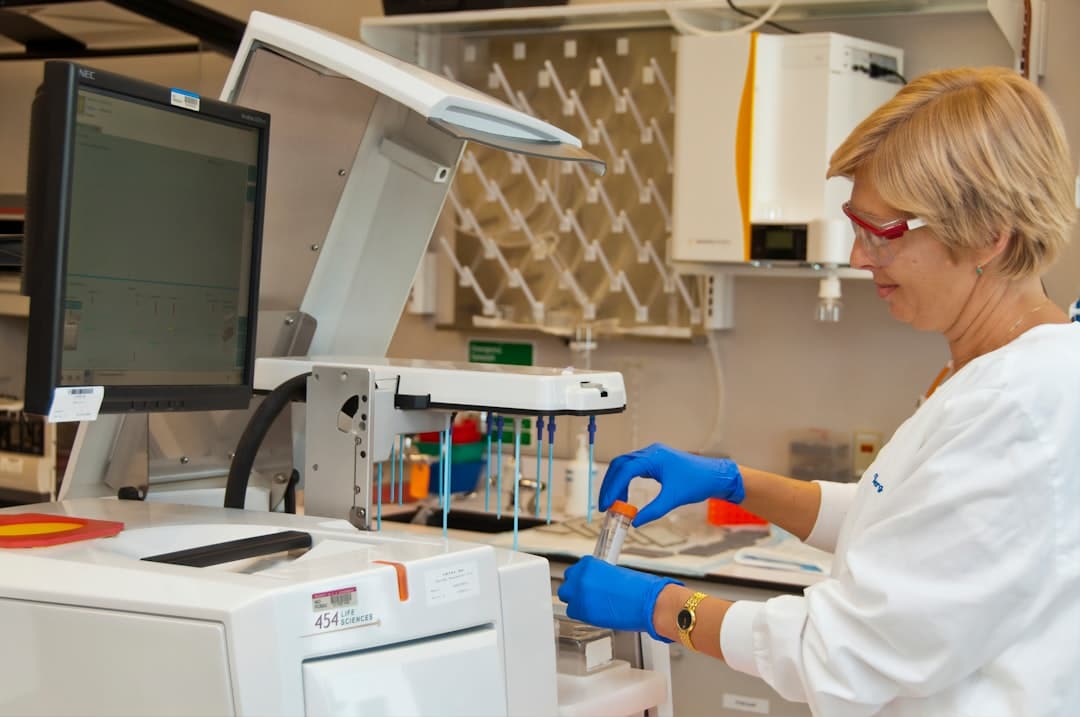Precision oncology represents a paradigm shift in cancer treatment, moving away from the traditional one-size-fits-all approach to a more individualized strategy. This innovative field leverages the unique genetic, molecular, and cellular characteristics of both the patient and the tumor to inform treatment decisions. By understanding the specific alterations that drive a patient’s cancer, clinicians can select therapies that are more likely to be effective, thereby improving outcomes and minimizing unnecessary side effects.
The integration of genomic data into clinical practice has transformed how oncologists approach diagnosis and treatment, allowing for a more nuanced understanding of cancer biology. At its core, precision oncology is rooted in the recognition that cancer is not a single disease but rather a collection of heterogeneous disorders. Each tumor can exhibit distinct genetic mutations and alterations that influence its behavior and response to treatment.
For instance, mutations in genes such as EGFR, KRAS, or BRAF can dictate the effectiveness of certain targeted therapies.
Key Takeaways
- Precision oncology involves using genetic testing to identify specific mutations in a patient’s cancer cells, allowing for more targeted and personalized treatment plans.
- Biomarker testing is crucial in precision oncology as it helps identify specific genetic mutations or biomarkers that can be targeted with specific treatments.
- Tailoring treatment plans in precision oncology involves customizing treatment based on the specific genetic mutations and biomarkers identified in a patient’s cancer cells.
- Targeted therapies in precision oncology are designed to specifically target and attack cancer cells with certain genetic mutations, leading to more effective and less toxic treatments.
- Overcoming drug resistance is a key challenge in precision oncology, as cancer cells can develop resistance to targeted therapies over time, requiring ongoing research and development of new treatment strategies.
The Importance of Biomarker Testing
Biomarker testing is a critical component of precision oncology, serving as the bridge between genetic insights and clinical application. Biomarkers are biological molecules found in blood, other body fluids, or tissues that indicate a normal or abnormal process, or a condition or disease.
This information is essential for determining the most appropriate treatment options for patients. The significance of biomarker testing is underscored by its ability to predict responses to targeted therapies. For example, patients with non-small cell lung cancer (NSCLC) who have specific mutations in the EGFR gene may benefit from EGFR inhibitors like osimertinib.
Conversely, those without these mutations may not respond to the same treatment, highlighting the necessity of biomarker testing in guiding therapeutic decisions. Furthermore, biomarker testing can also help identify patients who are likely to experience adverse effects from certain treatments, allowing for more informed discussions about risk and benefit between patients and their healthcare providers.
Tailoring Treatment Plans

The ability to tailor treatment plans based on individual patient profiles is one of the most compelling aspects of precision oncology. By integrating genomic data with clinical information, oncologists can develop personalized treatment strategies that consider not only the tumor’s characteristics but also the patient’s overall health, preferences, and lifestyle. This holistic approach enhances the likelihood of successful outcomes while minimizing the potential for overtreatment or undertreatment.
For instance, in breast cancer management, the expression of hormone receptors such as estrogen and progesterone can significantly influence treatment decisions. Patients with hormone receptor-positive tumors may be treated with hormone therapies like tamoxifen or aromatase inhibitors, while those with triple-negative breast cancer may require chemotherapy or novel immunotherapies. By analyzing these biomarkers, oncologists can create a tailored treatment plan that aligns with the specific biology of the tumor and the patient’s unique circumstances.
Targeted Therapies in Precision Oncology
Targeted therapies are at the forefront of precision oncology, representing a class of drugs designed to specifically target molecular pathways involved in cancer progression. Unlike traditional chemotherapy, which indiscriminately affects rapidly dividing cells, targeted therapies aim to disrupt specific signaling pathways that are crucial for tumor growth and survival. This targeted approach not only enhances efficacy but also reduces collateral damage to healthy tissues, leading to improved quality of life for patients.
One notable example of targeted therapy is trastuzumab (Herceptin), which is used to treat HER2-positive breast cancer. HER2 is a protein that promotes the growth of cancer cells; when overexpressed, it can lead to aggressive tumor behavior. Trastuzumab specifically binds to HER2 receptors on cancer cells, inhibiting their proliferation and triggering immune-mediated destruction.
The success of trastuzumab has paved the way for other HER2-targeted agents and has significantly improved survival rates for patients with this subtype of breast cancer.
Overcoming Drug Resistance
Despite the advancements in targeted therapies, drug resistance remains a significant challenge in precision oncology. Tumors can develop resistance through various mechanisms, including genetic mutations that alter drug targets or activate alternative signaling pathways that bypass the effects of therapy. Understanding these resistance mechanisms is crucial for developing strategies to overcome them and improve patient outcomes.
For example, in patients with melanoma treated with BRAF inhibitors like vemurafenib, resistance often arises due to secondary mutations in the BRAF gene or activation of the MEK pathway. To combat this issue, combination therapies that target multiple pathways simultaneously are being explored. By using a BRAF inhibitor in conjunction with a MEK inhibitor, oncologists aim to prevent or delay resistance by attacking the tumor from different angles.
This approach exemplifies how ongoing research into drug resistance mechanisms can inform treatment strategies and enhance the effectiveness of precision oncology.
The Role of Genomic Profiling

Genomic profiling plays a pivotal role in precision oncology by providing comprehensive insights into the genetic landscape of tumors. This process involves sequencing the DNA of cancer cells to identify mutations, copy number variations, and other genomic alterations that may be driving tumor growth. The information gleaned from genomic profiling not only aids in diagnosis but also informs treatment decisions and helps predict patient prognosis.
One prominent application of genomic profiling is in identifying actionable mutations that can be targeted with specific therapies. For instance, patients with colorectal cancer who harbor mutations in the KRAS gene may not respond to EGFR inhibitors like cetuximab or panitumumab. Conversely, those with BRAF V600E mutations may benefit from targeted therapies designed to inhibit this specific mutation.
By utilizing genomic profiling to identify these alterations, oncologists can make informed decisions about which therapies are most likely to be effective for individual patients.
Challenges and Limitations of Precision Oncology
While precision oncology holds great promise, it is not without its challenges and limitations. One significant hurdle is the complexity and heterogeneity of tumors themselves. Cancer cells within a single tumor can exhibit diverse genetic profiles due to clonal evolution and microenvironmental influences.
This intratumoral heterogeneity can complicate treatment decisions and may lead to suboptimal responses if only a portion of the tumor is analyzed. Additionally, access to advanced genomic testing remains uneven across healthcare systems. In many regions, patients may face barriers such as high costs or limited availability of testing services.
This disparity can result in unequal access to precision oncology treatments and may exacerbate existing health inequities. Furthermore, as new biomarkers and targeted therapies continue to emerge, there is an ongoing need for education and training among healthcare providers to ensure they are equipped to interpret genomic data accurately and apply it effectively in clinical practice.
The Future of Personalized Cancer Therapy
The future of personalized cancer therapy is poised for exciting advancements as research continues to evolve in precision oncology. Innovations in technology, such as next-generation sequencing (NGS) and artificial intelligence (AI), are enhancing our ability to analyze complex genomic data rapidly and accurately. These tools will enable clinicians to identify new biomarkers and therapeutic targets more efficiently, paving the way for novel treatment options tailored to individual patients.
Moreover, ongoing clinical trials are exploring combination therapies that leverage multiple mechanisms of action to overcome resistance and improve outcomes. The integration of immunotherapy with targeted therapies represents one such promising avenue; by harnessing the body’s immune system alongside targeted agents, researchers aim to create synergistic effects that enhance treatment efficacy. As our understanding of cancer biology deepens and new therapeutic agents are developed, precision oncology will continue to transform cancer care into a more personalized experience for patients.
The goal is not only to improve survival rates but also to enhance quality of life by minimizing side effects and optimizing treatment regimens based on each patient’s unique genetic profile and tumor characteristics.
In a recent article on

